Greetings, fellow Steemians. I hope you're all doing fantastic today.
Today is the second day of my training after my illness, and the topic of the presentation was "Rhetorical Devices in Public Speaking."
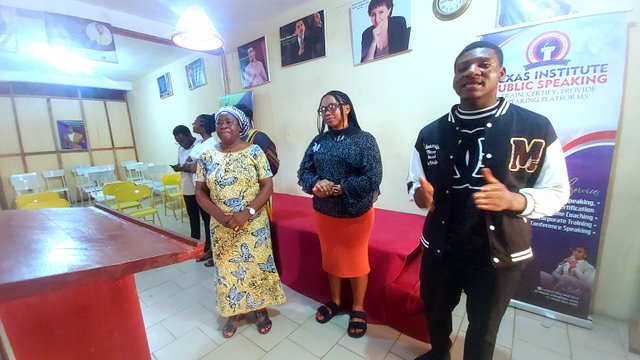
Rhetorical devices in public speaking are tools or techniques that speakers use to introduce persuasiveness, engagement, memorability, and a pleasurable feeling to their speeches. In today's lesson, we looked at 10 of these rhetorical devices and i want to share a few with you.
- Repetition: This is the repetition of words or phrases for emphasis. The "I have a dream" speech by Martin Luther King Jr. is a very good example.
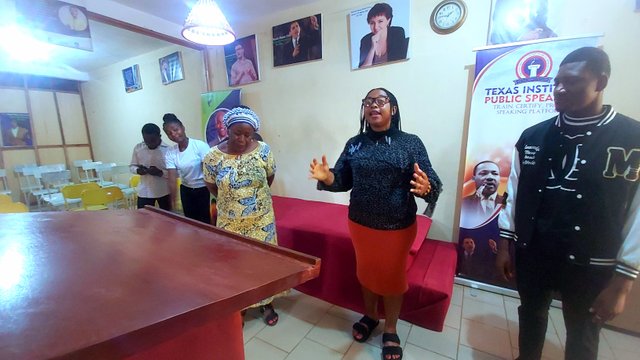
- Anaphora: This is the repetition of the first words of successive statements for effect.
For example: "We shall not lose, we shall not only strive, we shall thrive in this game." The repetition of "We shall" in the above text is the anaphora.
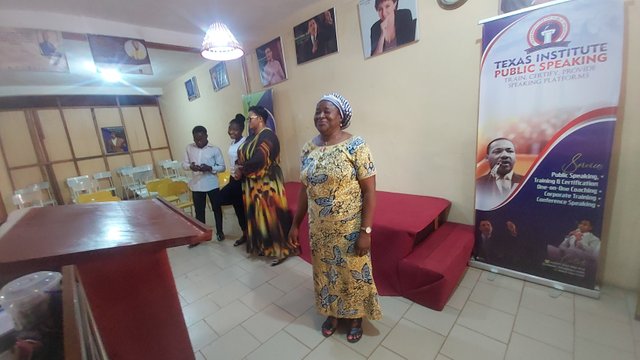
- Alliteration: This is the usage of words that start with the same sound in order to engage your audience and make your presentation memorable.
For example: "Fifth February, fifteen fifty-five, Francis fried fish for five friends." "Betty Boter bought butter, but the butter was bitter." Alliteration is somewhat like tongue twisters like "she sells seashells by the seashore."
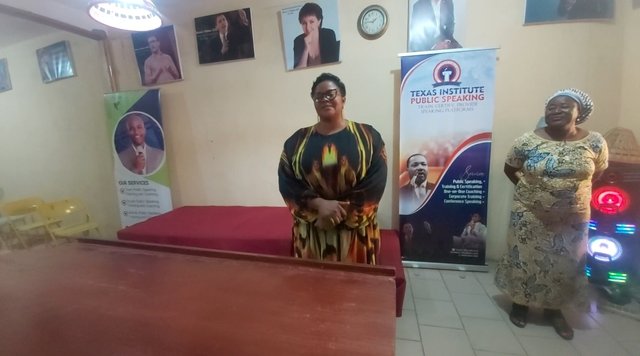
- Simile: This involves comparing unlike things using "like" or "as." This intrigues the mind of your audience, making them more interested in the discussion.
Example: "His horses run like the wind, but he can't make it upstairs."
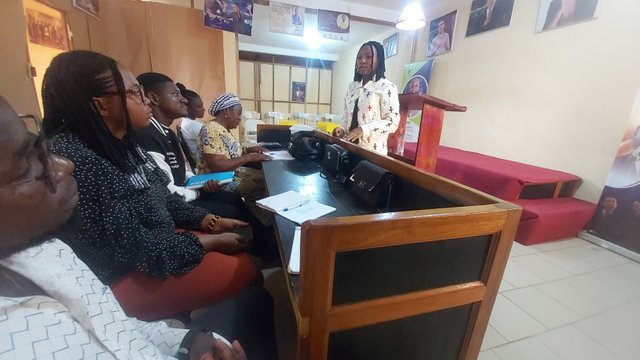
- Metaphor: This is the comparison of unlike things without the use of "like" or "as." This adds pleasure to the listeners' ears and keeps them engaged throughout the presentation.
Example: "Oliver Nshom is a 'giant' in the public speaking industry in Cameroon."
- Hyperbole: This is an exaggeration for emphasis. This is intriguing and engaging to the ears.
Example: "I have told you this 'a million times.'"
A dad gives his son a task and comes back after 30 minutes saying, "You've been doing this task since 'yesterday.'"
- Rhetorical Questions: These are obviously questions that do not require an answer.
Example: "If you were in my shoes, what would you have done?" "Did you know...?" "Are we not sorry?"
Parallelism: This is the usage of similar word patterns to lay emphasis.
Example: "Give me peace, or give me space." "It's freedom or death."Antithesis: This device uses unlike ideas to create an eye-catching effect.
Example: "A wise man knows what he knows not, a fool knows not what he knows not." "It was a good day and a bad day too."
Rhetorical devices are a great way to incorporate a fun way of summarizing talking points. They are pleasurable and memorable, and a memorable speech is an impactful speech.
Though I'm a product of scientific studies, I took special interest in literature and stylistic devices in particular. While at high school, I'll often find myself attending literature lessons out of my timetable. These actually helps me today in doing public presentations, writing creatively or just conversing confidently with people. This is a real treasure👌.
Thank you🙏 for refreshing my memory and literal library with this rich post.
Downvoting a post can decrease pending rewards and make it less visible. Common reasons:
Submit
The pleasure is shared brother 🙂
Downvoting a post can decrease pending rewards and make it less visible. Common reasons:
Submit